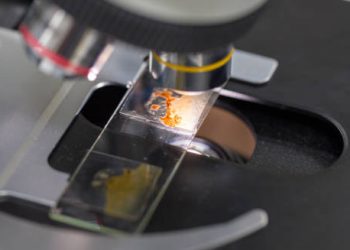Overview of DiGeorge Syndrome
DiGeorge syndrome is a rare genetic disorder caused by a missing piece of chromosome 22. This condition is also called 22q11.2 deletion syndrome and affects multiple systems in the body. Children born with this may have problems with their heart, immune system, learning, behaviour, and facial development.
The symptoms and severity vary greatly. Some people have only mild issues, while others face life-threatening complications early in life. In South Africa, early diagnosis is critical but often delayed due to limited access to genetic testing in public healthcare settings. Globally, awareness and early screening have improved outcomes significantly over the past few decades.
DiGeorge syndrome is not inherited in most cases. The deletion usually happens spontaneously during early foetal development. However, in about 10% of cases, a parent may carry the deletion and pass it on to their child. This makes genetic counselling an important part of care, especially when planning future pregnancies.
DiGeorge Syndrome
The missing section of chromosome 22 plays a role in the development of several parts of the body, including the heart, thymus gland, parathyroid glands, and brain. As a result, this can cause a wide range of physical and developmental issues.
Though rare, this condition is one of the most common genetic deletion syndromes. With early diagnosis and proper medical care, many children with DiGeorge syndrome grow into adults who live fulfilling lives. Managing the condition requires a team approach, often involving paediatricians, cardiologists, immunologists, speech therapists, and special education professionals.
[Next: Causes of DiGeorge Syndrome →]


